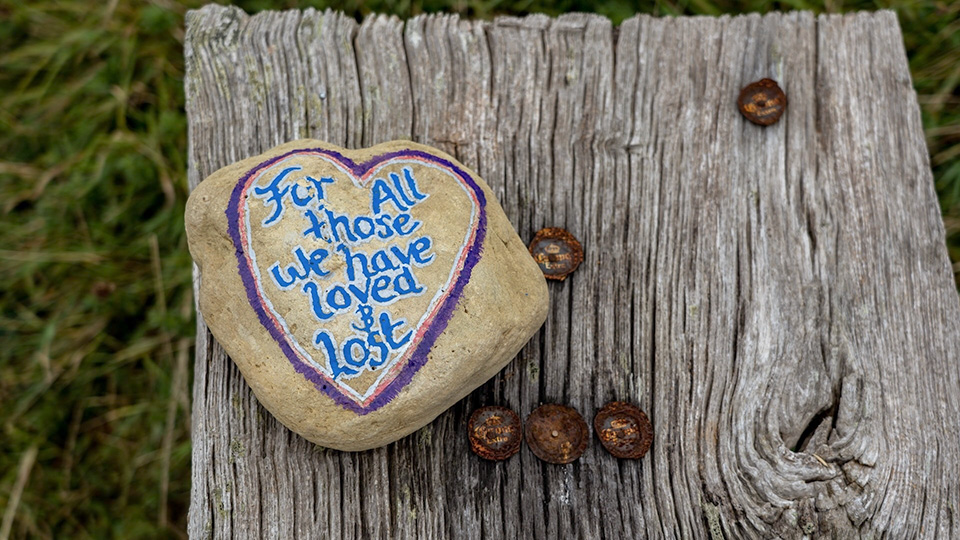

Grief: turning the sourest of lemons into sacred work
Stephanie Blaquera
Tuesday, July 25, 2023

Photo by Nick Fewings on Unsplash.
When life throws you the sourest of lemons, it is common to ask or sometimes demand for an answer to our “Why”:
- If God is LOVE, why does He “allow” bad things to happen to good people?
- Why does he “allow” suffering?
- Why does He “allow” death?
Related Articles:
<<













